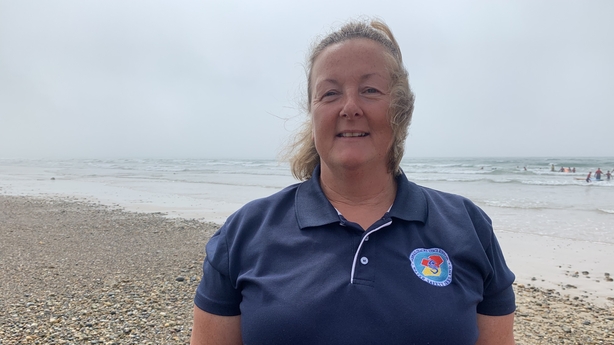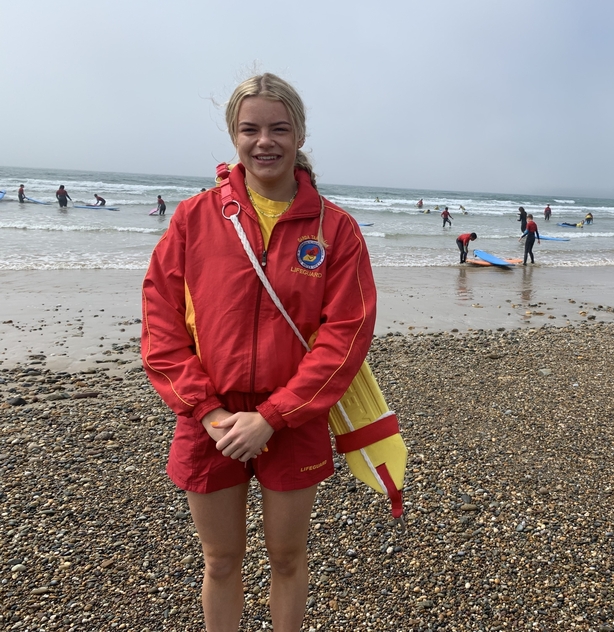Agencies involved in trying to prevent drownings in Irish waters have appealed to the public to heed safety advice this weekend and across the summer.
Last year 79 people lost their lives because of drowning, up three on the previous year, and people using rivers, lakes and the sea are urged to follow guidance of lifeguards and other experts.
In total, more than 1,100 people have drowned in Ireland over the course of the last decade, a "tragic, unnecessary loss of life and a significant public health issue," acting CEO at Water Safety Ireland, Roger Sweeney, has said.
"Drownings can happen quickly and silently and warmer weather sometimes lulls people into a false sense of security," he said.
"However, waterways are still quite cool which affects the muscles needed to swim safely back to shore."
He said people should wwim at lifeguarded waterways or in designated bathing areas that are known to be safe and have ringbuoys present.
Mr Sweeney added that parents should supervise children closely at all times and never use inflatable toys on open water.
"You can be swept from shore in an instant."

Tramore-based Lola O'Sullivan, a volunteer officer with Water Safety Ireland, said something as simple as checking the watersafety.ie website to check what areas are under lifeguard patrol can make a difference.
"Conditions can change very fast and here in Tramore today [for example] we can see that there's a bit of a fog in the background. That fog could either come down on us and make it difficult for lifeguards to see you, or it could lift very fast.
"What we're saying is that if you're at a beach, river or lake, you look at the flags. A red flag means it's dangerous to swim and the lifeguards are on duty and a red and yellow flag means it's safe to swim. We'd advise people to always stay in the lifeguard-patrolled area."
"If you're not a strong swimmer make sure that you keep knee-depth"
Lifeguard Sasha Moore said anyone coming to any beach from outside the area should ask local people and lifeguards for advice.
"We have a lot of precautions set in stone if an incident were to occur. We have a lot of advice so if you ask the lifeguards they will advise you.
"We have a general rule: no inflatables on the beach. We had a lot of incidents last year with inflatables.

"If you're not a strong swimmer make sure that you keep knee-depth. You can obviously enjoy yourself but make sure safety is the priority."
The appeal has gone out from Water Safety Ireland as well as the RNLI and the Coast Guard.
"This week affords us an excellent opportunity to focus on coastal and water safety and to promote awareness of the Code of Practice for the Safe Operation of Recreational Craft," Irish Coast Guard operations manager Micheal O'Toole said.
RNLI Water Safety Lead Kevin Rahill said that, with the weather improving, it's important to take basic steps to stay safe while having fun.
"If you are going swimming, try to avoid going alone and make sure you are visible at all times by wearing a brightly-coloured swim cap.
"Use a tow float and carry a suitable means of communication such as a mobile phone in a waterproof pouch and a whistle. If you get into trouble in the water, float to live: lean back, using your arms and legs to staf afloat. Control your breathing, then call for help or swim to safety."
Those going afloat in crafts should wear a lifejacket or personal flotation device, he said, and carry a reliable means of raising the alarm such as a VHF radio or mobile phone.
"Go prepared by checking the weather forecast and tide times, tell someone where you are going and what time you will be back... Should you get into difficulty or see someone in trouble, dial 999 or 112 and ask for the Coast Guard.






